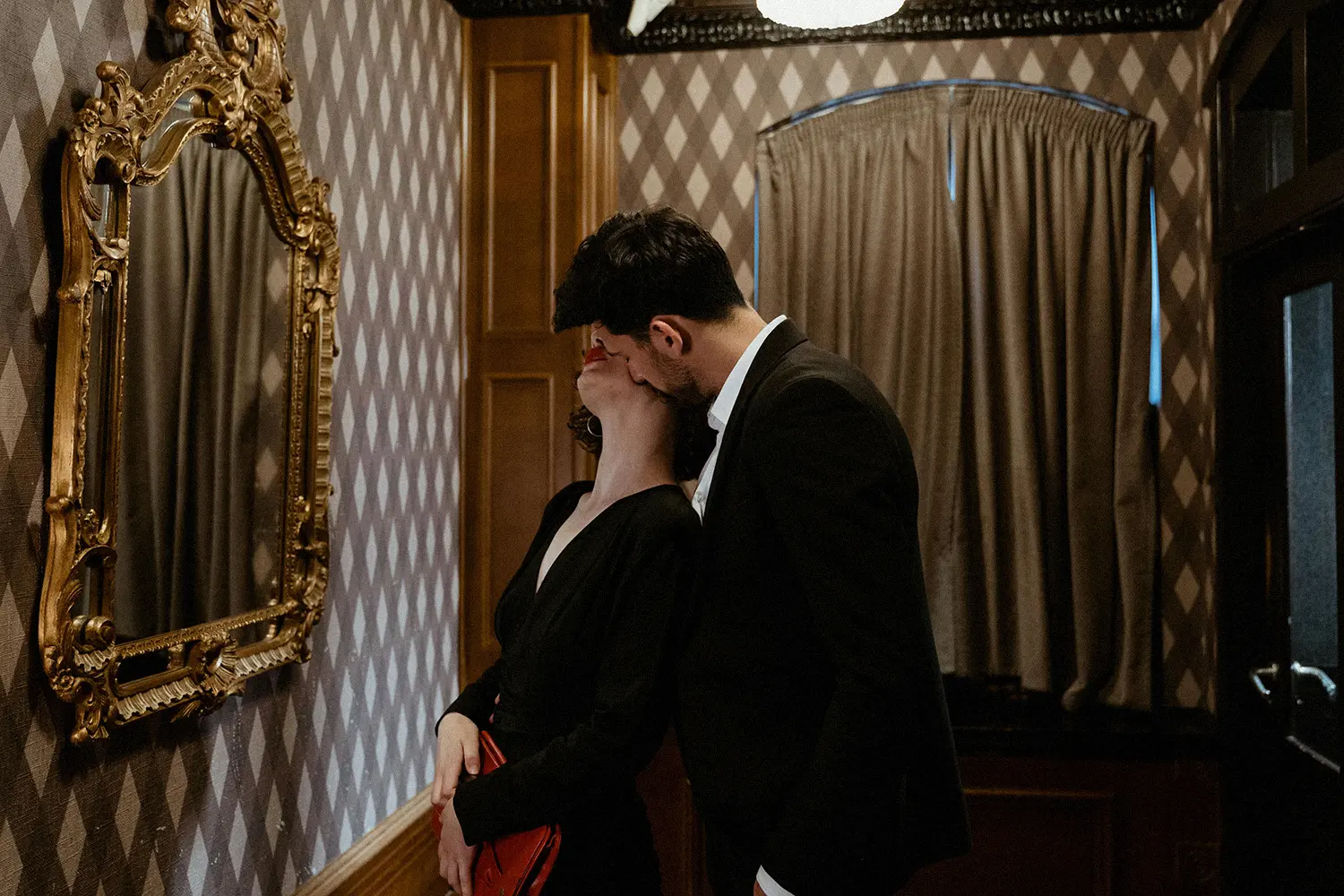Ever felt like you and your partner are speaking two completely different languages—even though you both technically speak the same one? Maybe you go out of your way to do nice things for them, but what they really want is to hear “I love you” more often. Or perhaps they shower you with gifts when all you really want is for them to spend quality time with you. If that sounds familiar, you’re not alone. Welcome to the world of love languages! It is a concept that can change how you connect with your partner.
Coined by Dr. Gary Chapman, the theory suggests that people express and receive love in five primary ways. The issue? Most of us tend to show love in the way we like to receive it, not necessarily in the way our partner needs it. And it’s not because we’re selfish or don’t care. We do care—deeply. But sometimes, we just don’t realize that love isn’t a one-size-fits-all thing. Each of us expresses and interprets affection in our own way, and without that understanding, we might miss the mark without even knowing it.
Understanding love languages isn’t just about romance—it’s about building deeper, more meaningful relationships.
The Five Love Languages Explained
Words of Affirmation
Some people feel most loved when they hear it. Compliments, verbal encouragement, and sweet text messages go a long way for them. It’s not just about saying “I love you”, though that helps; it’s about expressing appreciation, admiration, and emotional support. A simple “I’m so proud of you” or “You make my life better” can make their whole day.
Pro tip: If this is your partner’s love language, don’t assume they “just know” how you feel. Say it. Write a note. Send that random “thinking of you” text. And this applies to everyone—regardless of their primary love language. We should make it a habit to compliment each other more often, ensuring that kindness and appreciation don’t go unnoticed. Too often, we take the good for granted while only speaking up when something bothers us. Let’s flip that script and make sure the love we feel is the love we express.

Acts of Service
For some, love is best expressed through actions. Doing the dishes, fixing their car, or bringing them coffee in the morning—these little things speak volumes. It’s not about grand gestures; it’s about showing up in ways that make their life easier. It shows that you care. This person is truly important to you. It matters to you how they feel.
Pro tip: If your partner values Acts of Service, don’t get too caught up in expensive gifts. Sure, gifts matter—just like every love language does. But what truly makes this person feel loved isn’t a pricey pair of earrings; it’s the thoughtful little things. A warm, home-cooked meal, a lingering hug, or a relaxing, fragrant massage—those are the moments that speak straight to the heart. Folding the laundry might mean more to them than a dozen roses ever could.

Receiving Gifts
People who have Receiving Gifts as their primary love language see gifts as symbols of love and thoughtfulness. It’s not about price tags; it’s about meaning: the person has been thinking about you. A souvenir from a trip, a handwritten letter, or a small trinket that says, “I was thinking of you” can be deeply meaningful. This person also appreciates large and expensive gifts.
Pro tip: If your partner lights up when you bring them something small “just because,” don’t underestimate the power of a well-chosen gift. It’s about the thought, not the cost.
Quality Time
For some, nothing says “I love you” like undivided attention. No phones, no distractions—just being present. People with this love language crave meaningful connection.
Pro tip: If this is your partner’s love language, multitasking during conversations is a big no-no. They don’t just want time with you; they want focused time.

Physical Touch
Hugs, kisses, holding hands, cuddling—some people feel most loved through physical connection. It’s not just about intimacy; it’s about feeling close, safe, and reassured. Even small gestures like a hand on the back or a playful shoulder squeeze can go a long way.
Pro tip: If your partner values Physical Touch, never underestimate the power of a spontaneous hug. It can be worth a thousand words. If such a partner does not receive caresses, kisses, and touches on a daily basis, they feel unloved.
How to Discover Your Partner’s Love Language
Not sure what your partner’s love language is? Observe how they express love to you. Do they often compliment you? Maybe they crave Words of Affirmation. Are they always doing little things to make your life easier? They might value Acts of Service. You can also just ask—the simplest approach is the best one.
Another trick? Think about what upsets them. If they get frustrated when you’re on your phone during dinner, they probably crave Quality Time. If they seem hurt when you forget an anniversary gift, Receiving Gifts might be their thing. Paying attention to these little details can help you figure it out.
.webp)
Applying Love Languages in Everyday Life
Knowing your partner’s love language is only half the battle—the real challenge is speaking it. If you’ve never been one for words but your partner thrives on Words of Affirmation, it might take some effort. But that’s love, isn’t it? Making an effort to meet each other’s needs, even when it doesn’t come naturally.
It’s also important to tell your partner what makes you feel loved. No one’s a mind reader, and expecting them to magically “just know” is a recipe for disappointment. Communicating your needs is just as essential as meeting theirs.
Relationships aren’t about grand, sweeping gestures. They’re about the little things, done consistently. Learning your partner’s love language is like having a roadmap to their heart—it makes the journey a whole lot smoother.

Questions & Answers
How can I figure out my own love language?
Take a moment to reflect on what makes you feel most appreciated in a relationship. Do compliments make you feel special? You might value Words of Affirmation. Do you love surprise gifts? Receiving Gifts could be your primary love language. You can also take Dr. Gary Chapman’s official love language quiz online for more clarity.
Can love languages change over time?
Absolutely! Life circumstances, past experiences, and even aging can shift how we receive love. Someone who once valued Quality Time might start appreciating Acts of Service more when life gets busier. It’s a good idea to check in with your partner, and yourself, periodically.
.webp)
What if my partner and I have completely different love languages?
That’s totally normal! The key is being willing to learn and adapt. You don’t have to “naturally” speak your partner’s love language—you just have to make an effort. Over time, it becomes second nature. Your partner will appreciate it!
Is it possible to have more than one love language?
Yes. Most people have a primary love language but also respond to others. For example, you might feel equally appreciated through both Physical Touch and Quality Time. The key is knowing which ones resonate most. And after all - we all like all kinds of gestures of love.

We learn to love in the way our partner needs, we create something truly special. So go ahead, start listening—not just with your ears, but with your heart!
Author: Ieva Simanoviča









.webp)

.webp)






